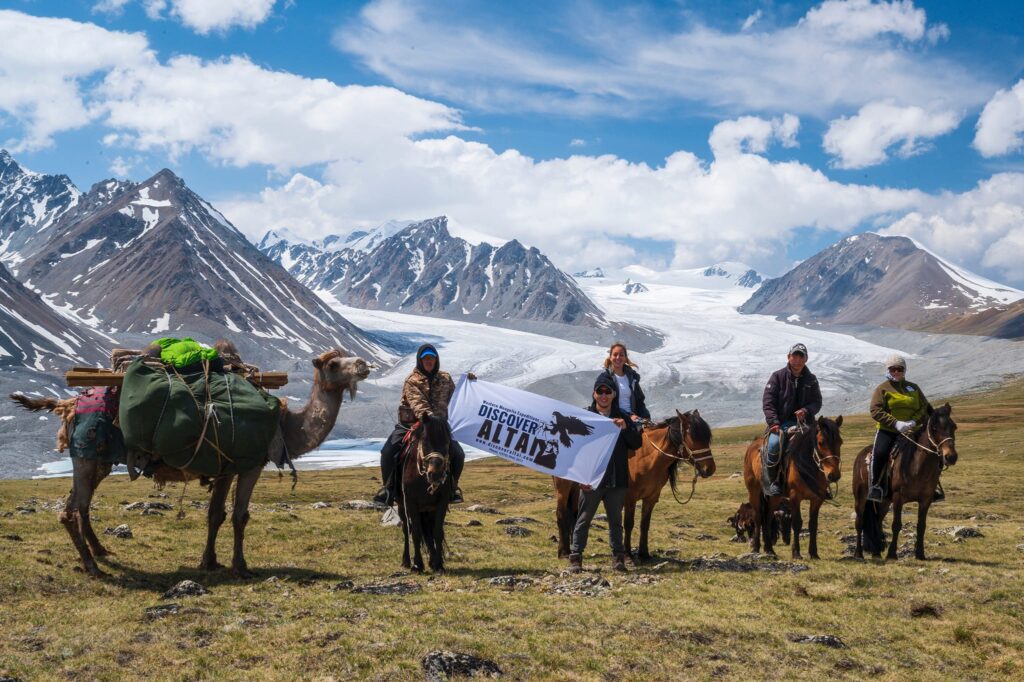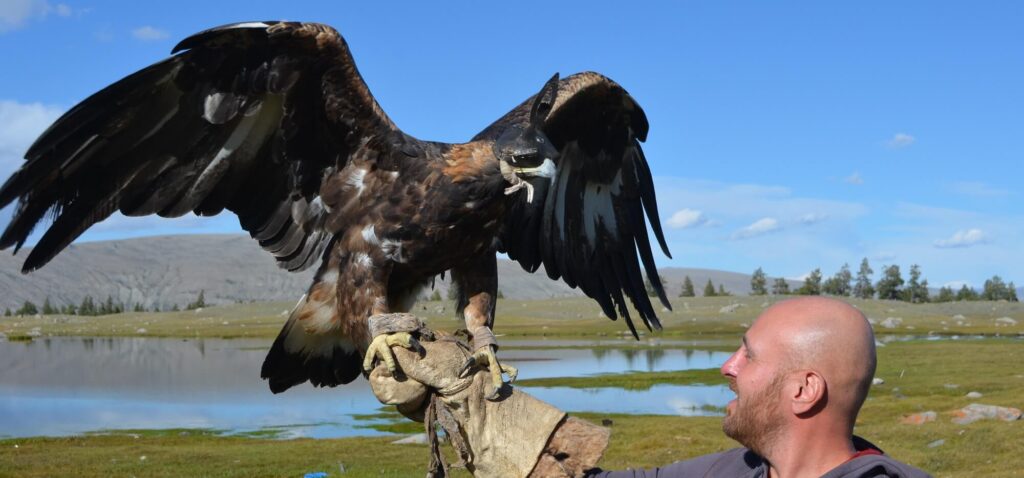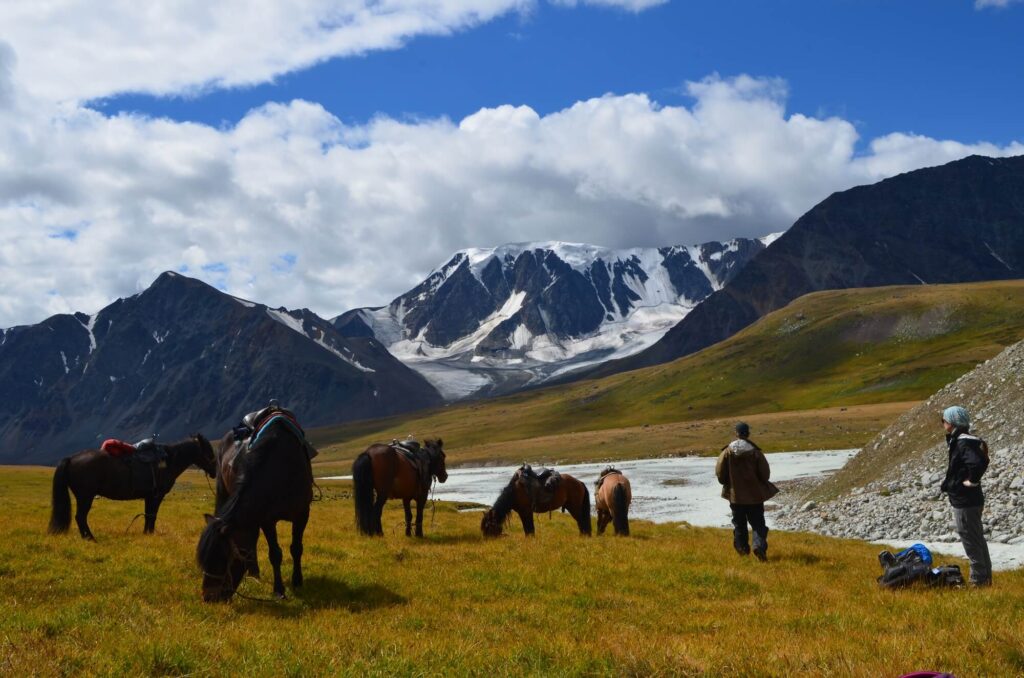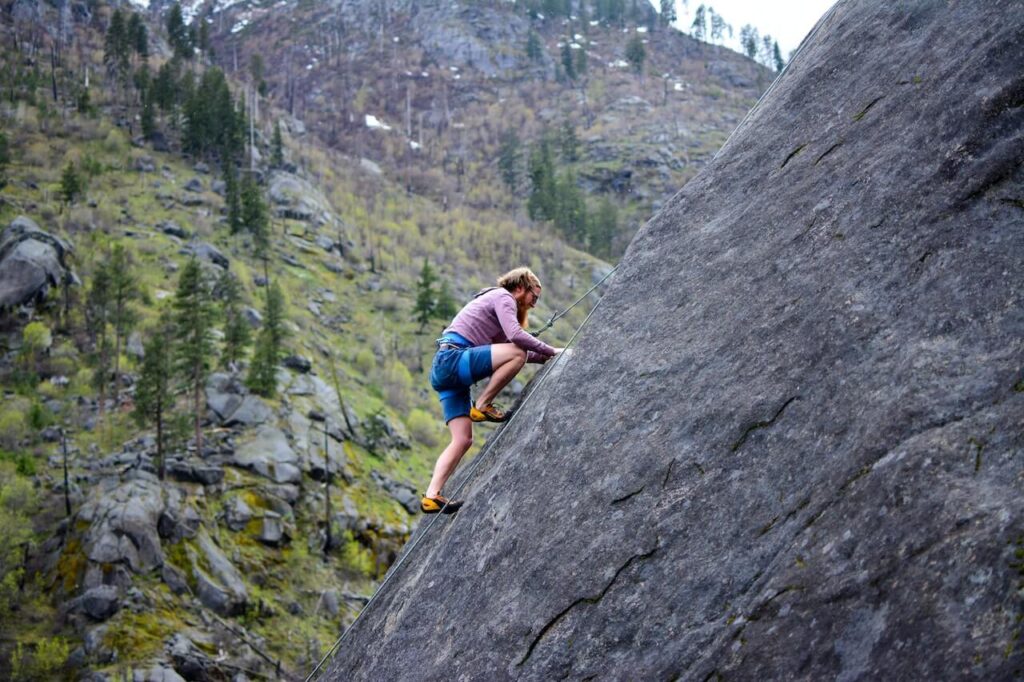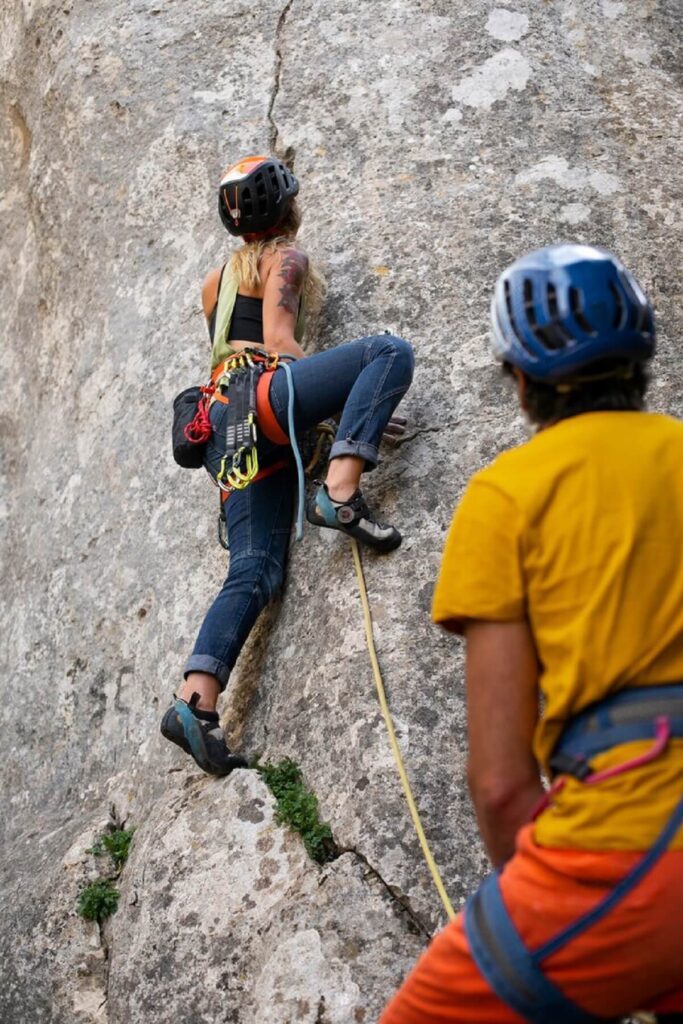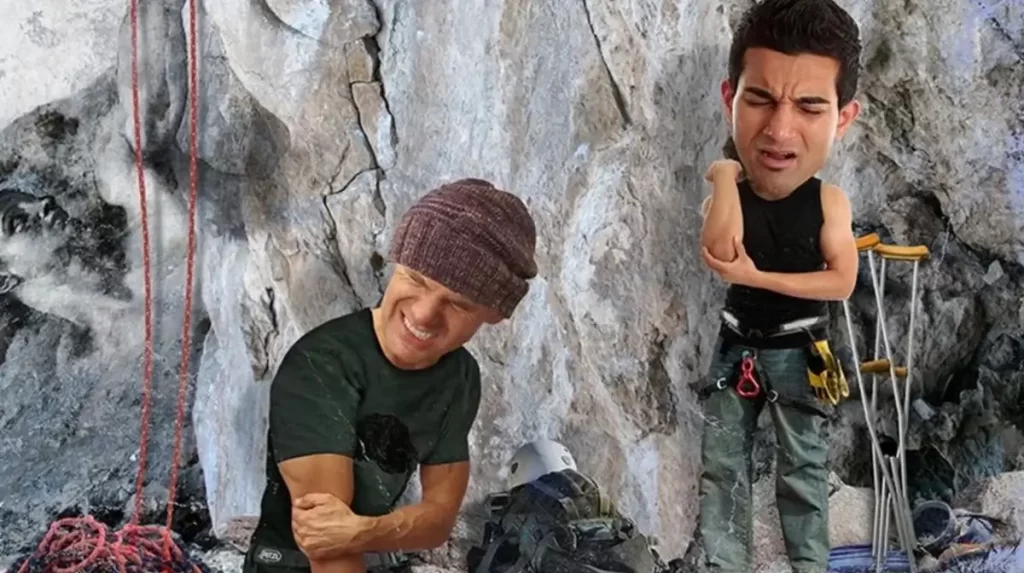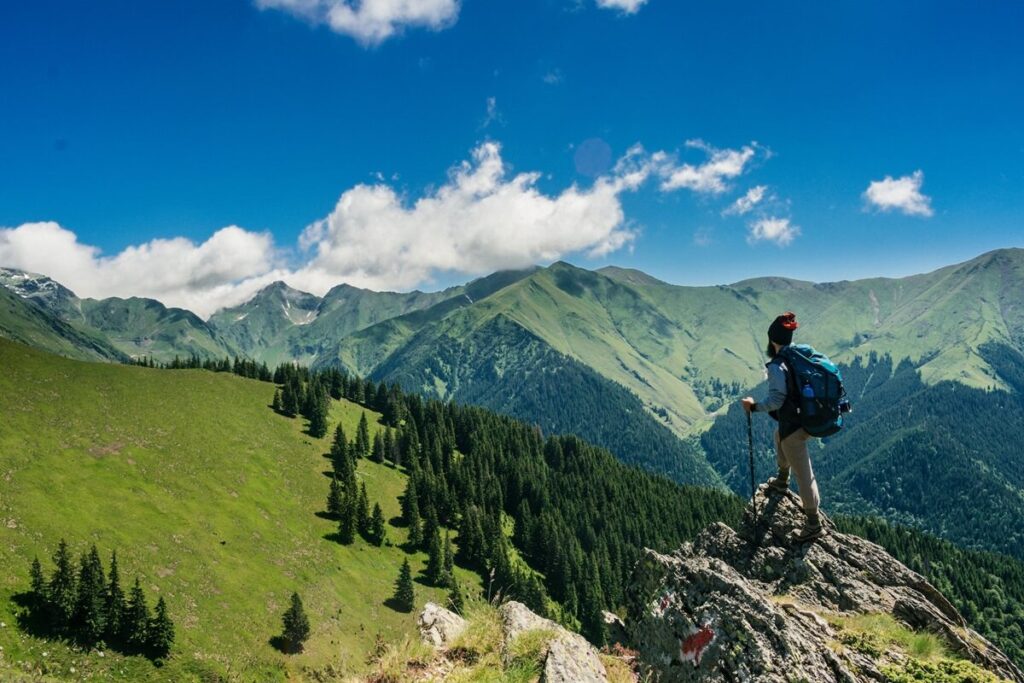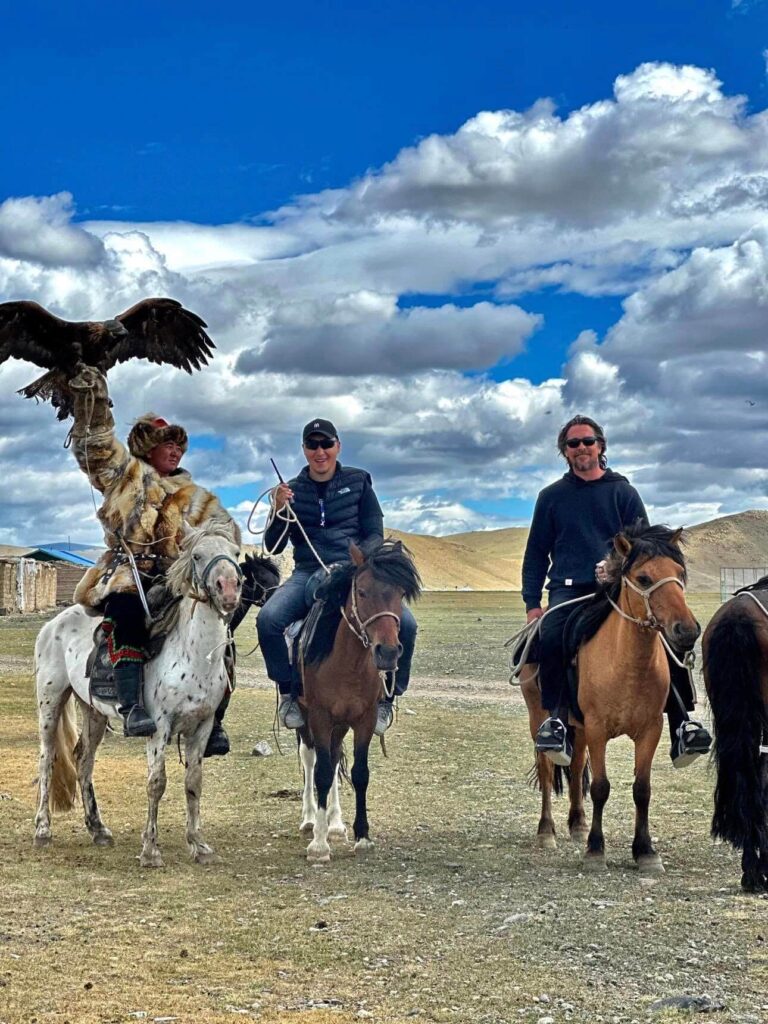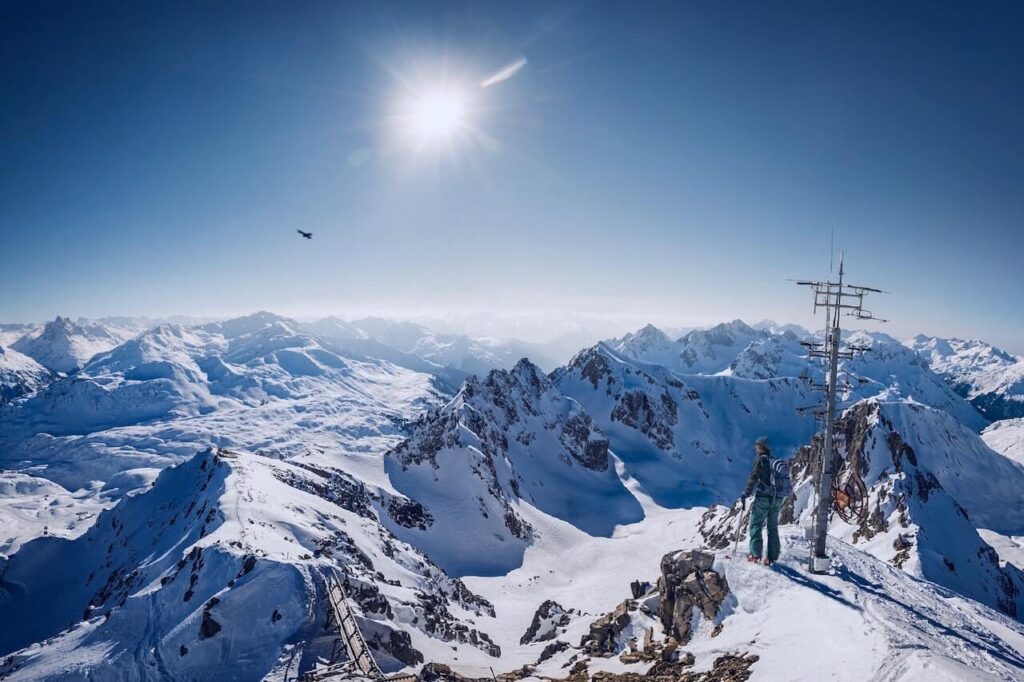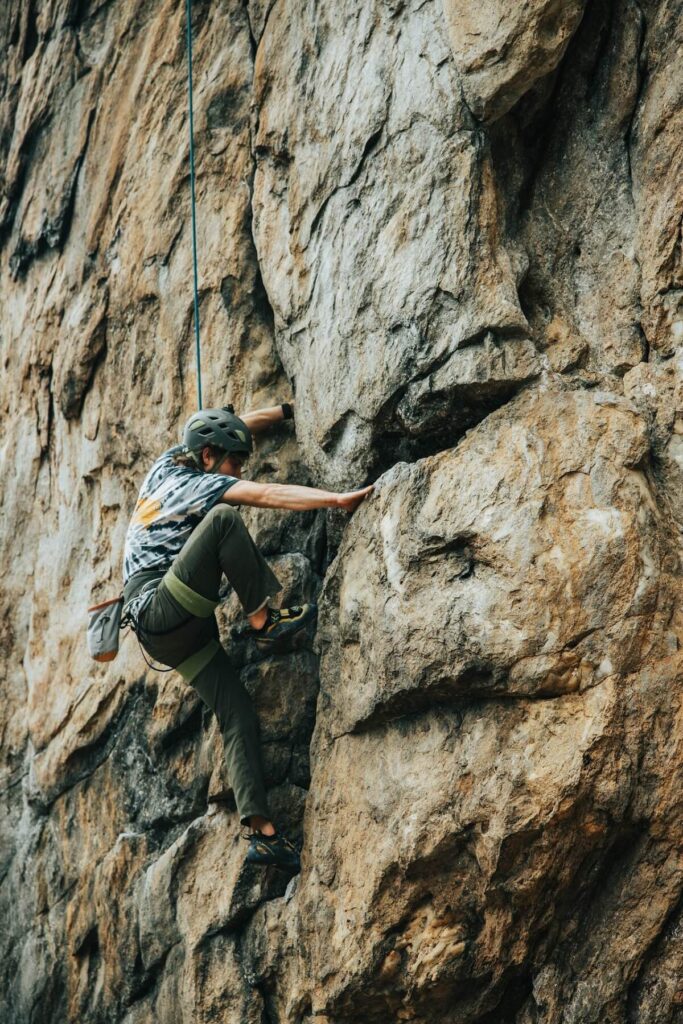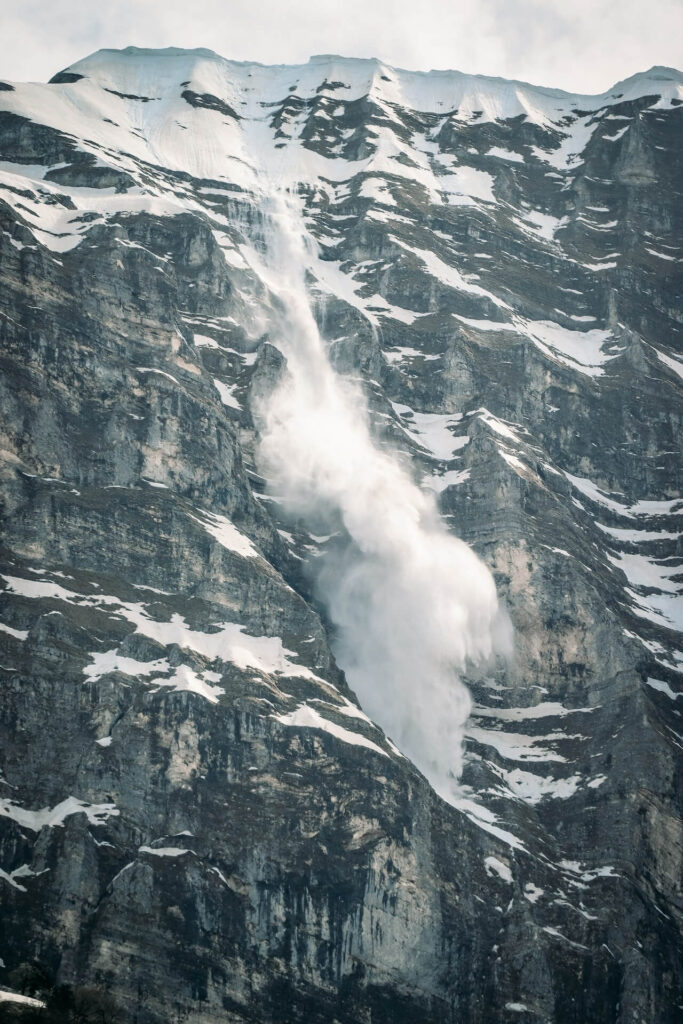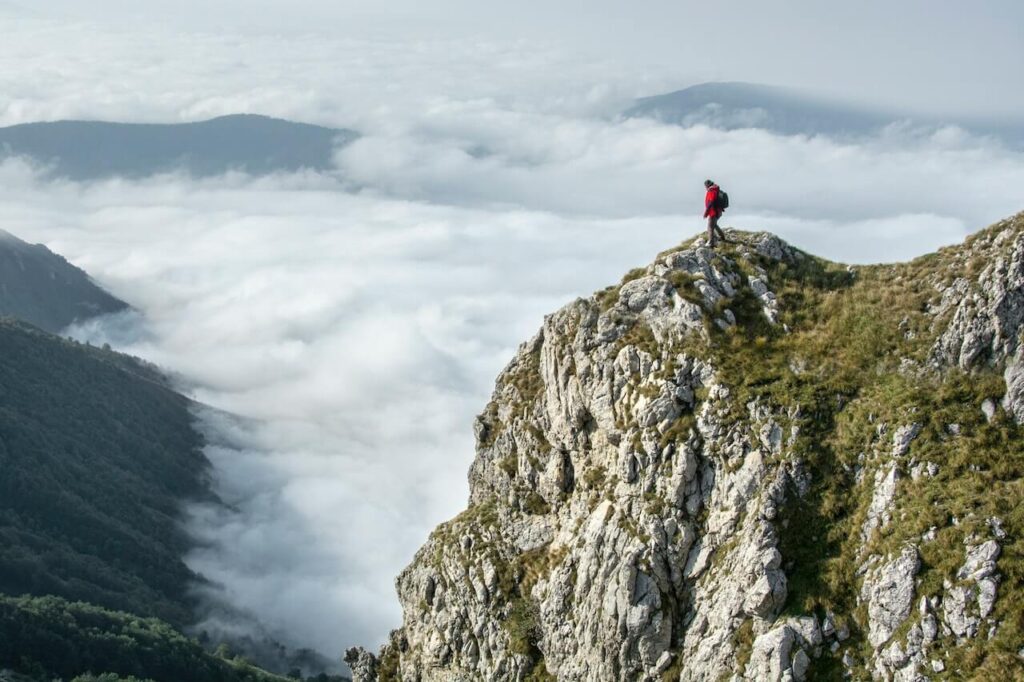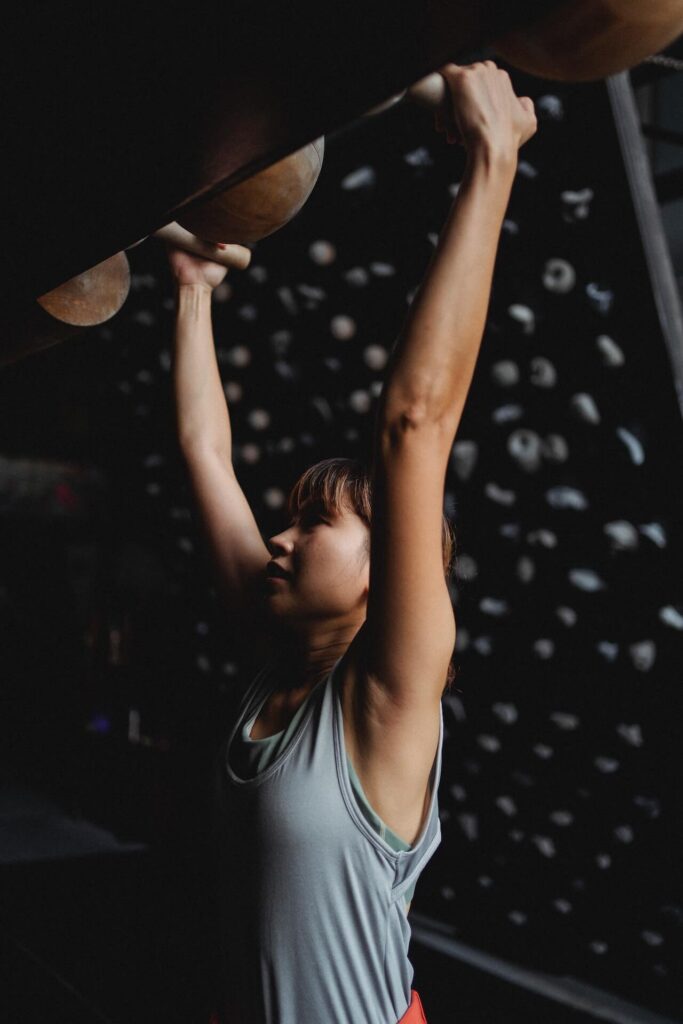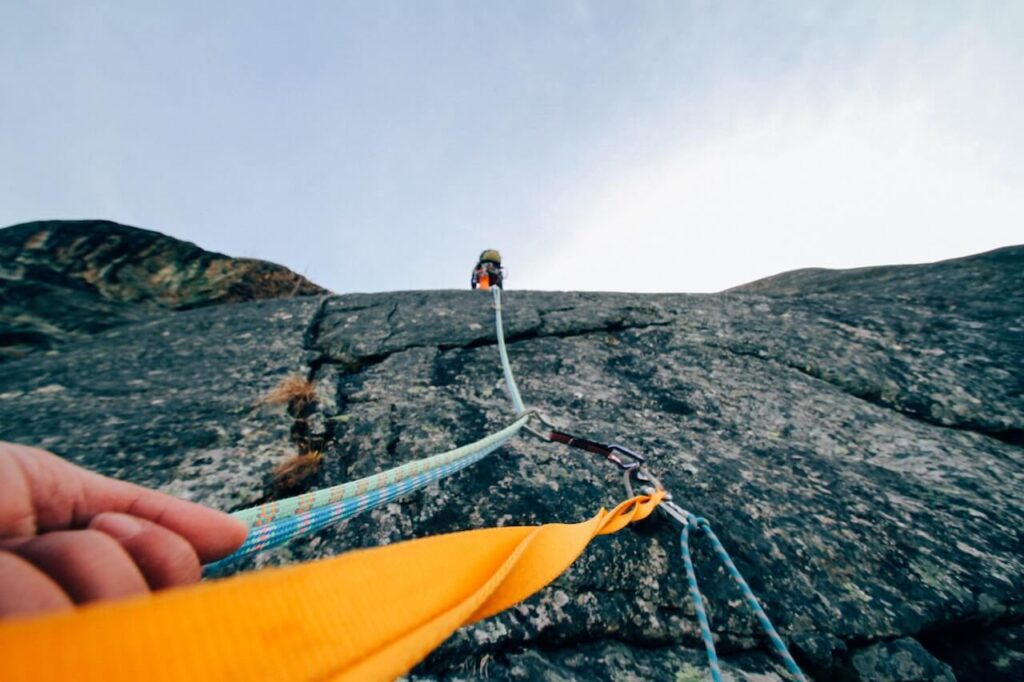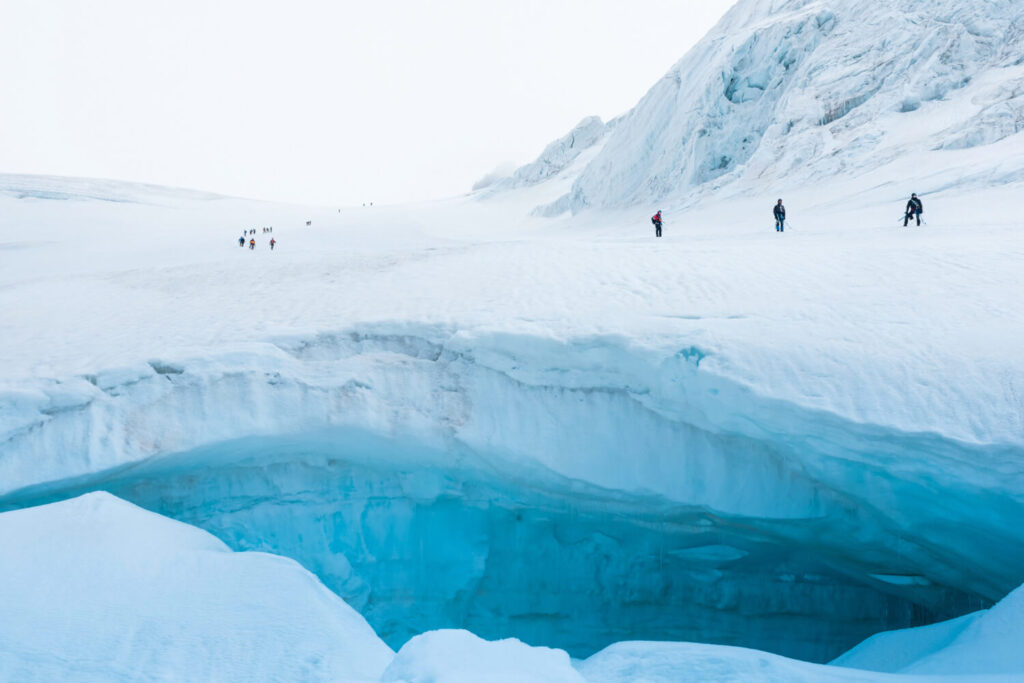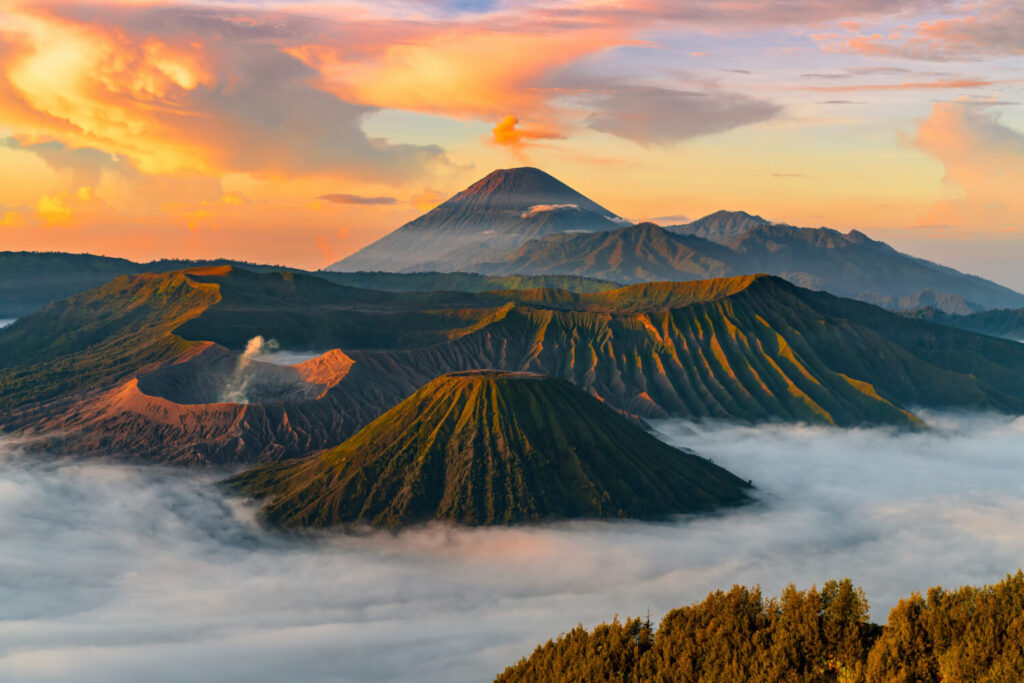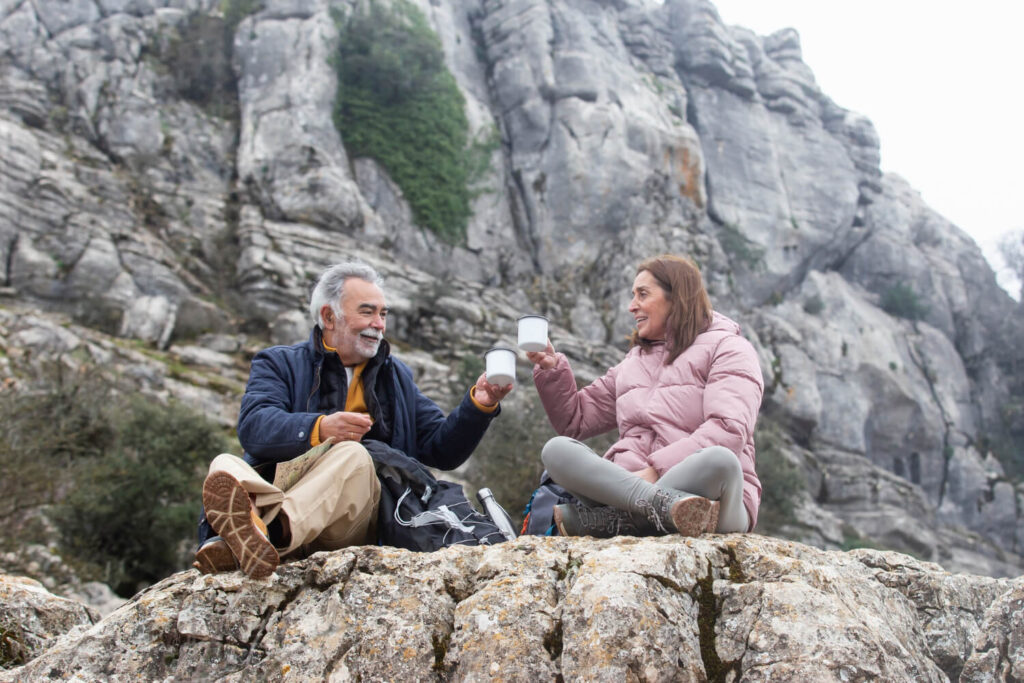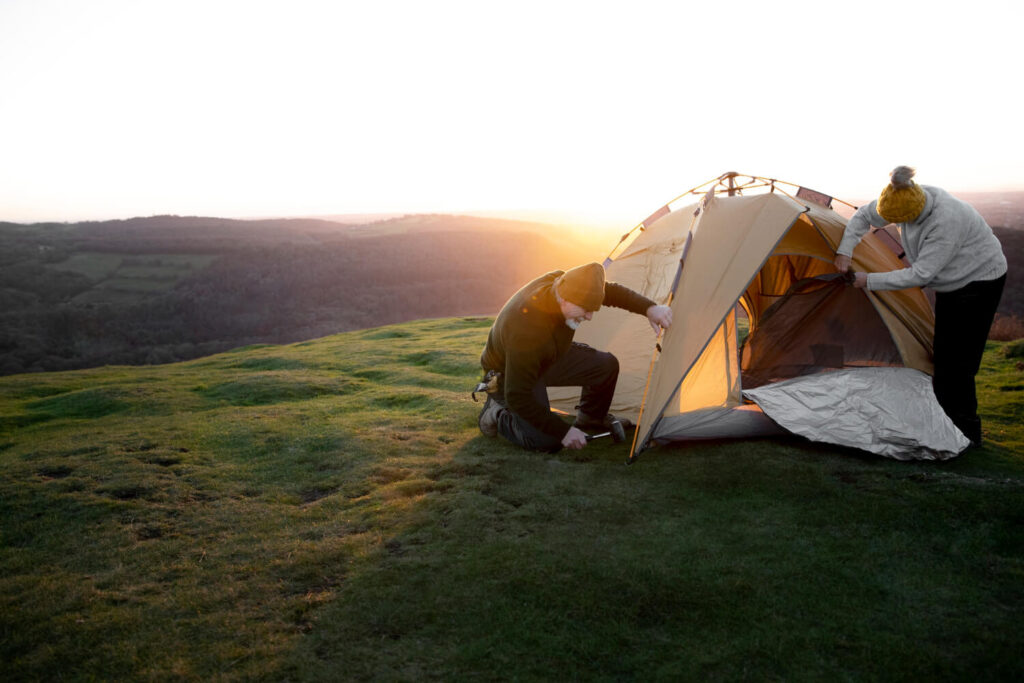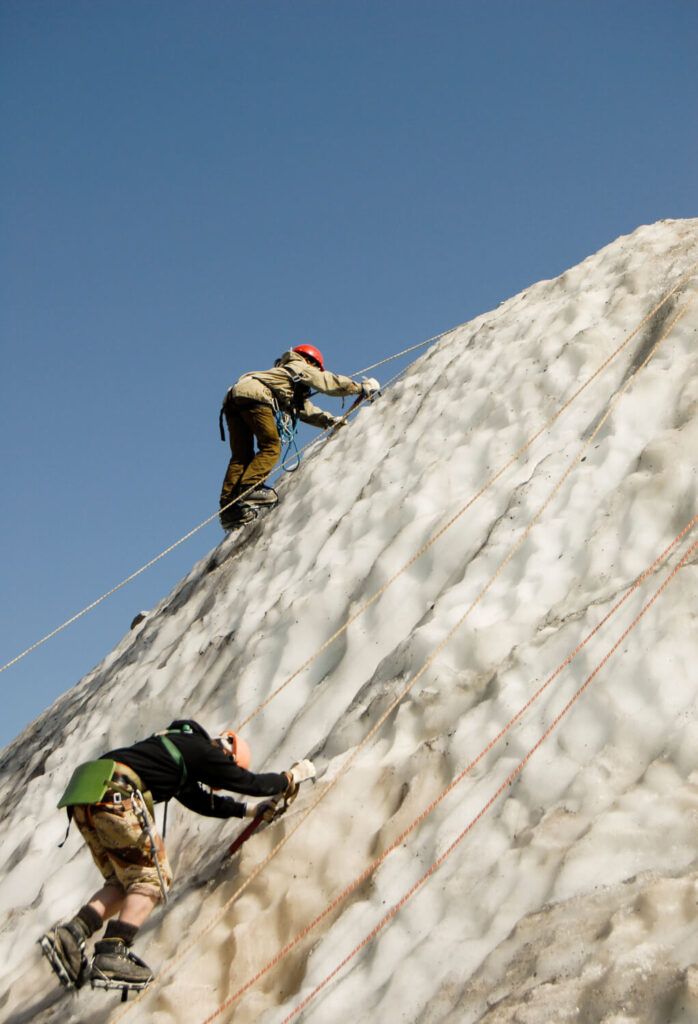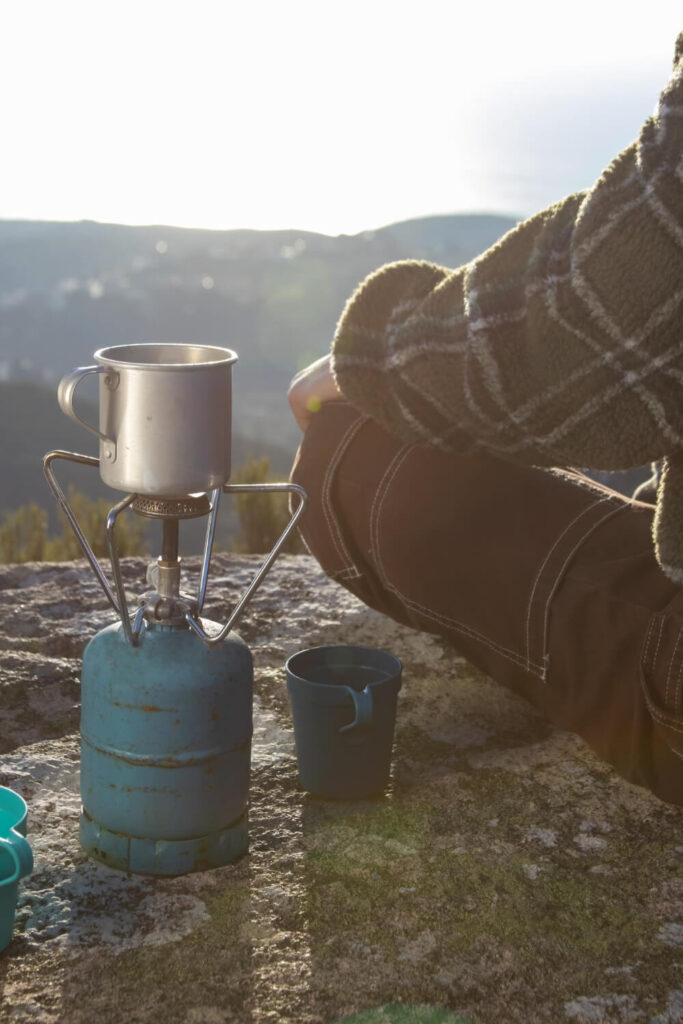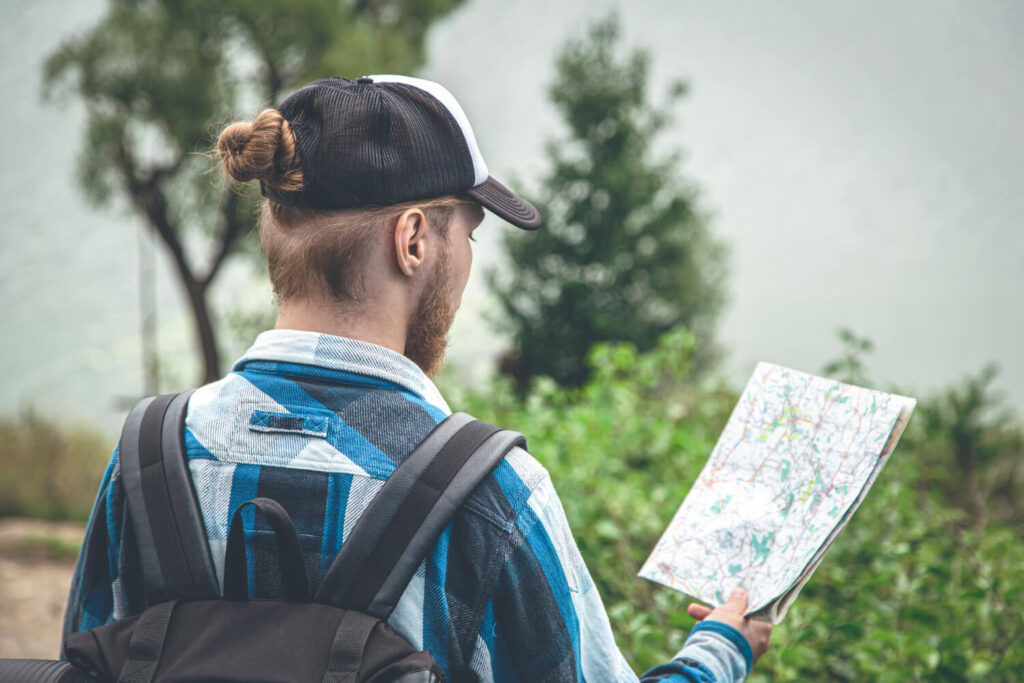Benefits of mountaineering – This is a great way to get in shape and see the world at the same time. It offers a number of physical and mental health benefits that are hard to find elsewhere. Here are ten reasons why you should consider mountaineering as your next fitness activity.
We offer you CLIMB MOUNT KHUITEN MONGOLIA TOUR. Mount Khuiten is the highest peak in Mongolia, which is located in the remote area of the Mongolian Altai region. In addition, Altai Tavan Bogd National Park is truly one of the must-see places in Mongolia as there are stunning snow-capped mountains and an array of beautiful valleys. It will be wonderful 🤩🤩
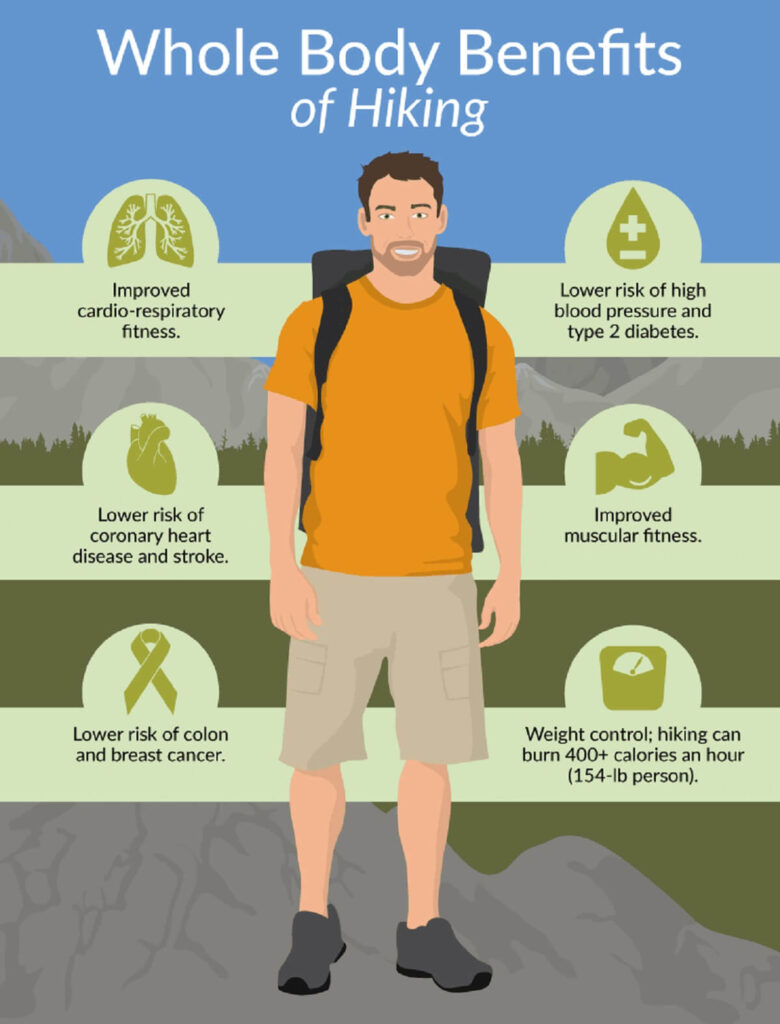
1.IMPROVED PHYSICAL FITNESS
Mountain climbing is a great workout for your whole body. It requires strength, endurance, and coordination. Plus, it’s a lot of fun!
Mountaineering is an excellent aerobic workout. Research suggests that it can help reduce symptoms of chronic diseases like type II diabetes, heart disease, obesity, and cancer.
It also has many benefits for your overall health, including reducing blood pressure and improving the function of your heart, lungs, and circulatory system.
Additionally, regular mountain climbing can tone your muscles, improve endurance levels, and may even lead to better sleep quality thanks to the release of stress-busting endorphins into the body.
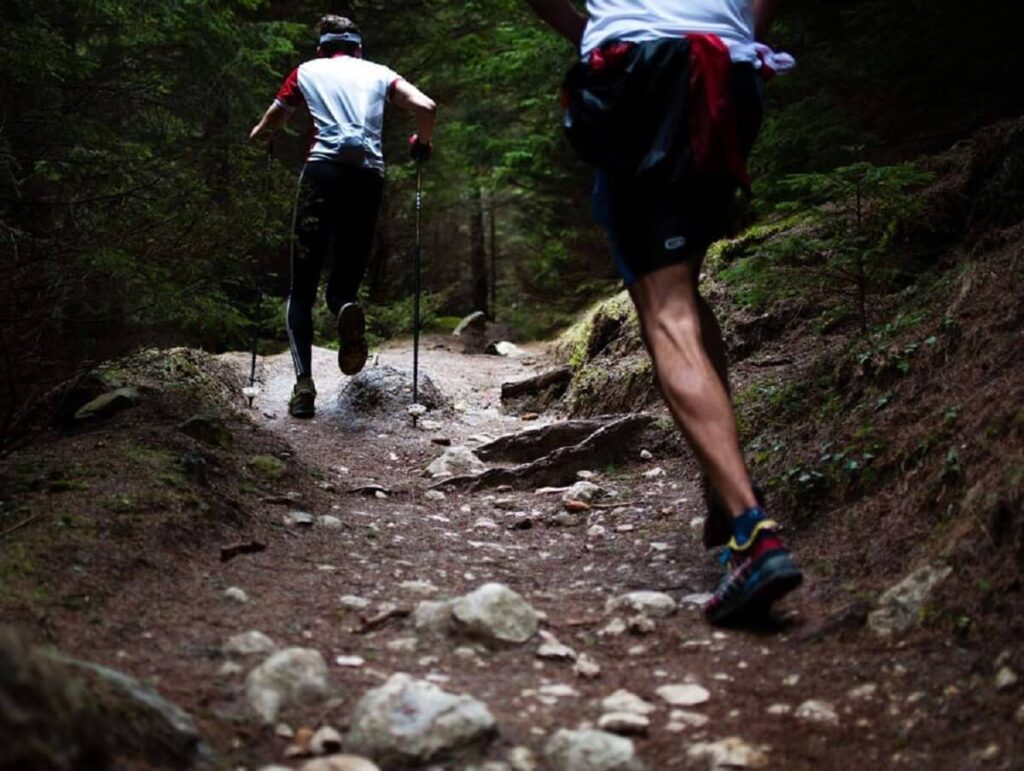
2.LEARNING PERSISTENCE
Mountaineering is an excellent way to build willpower. It’s no easy feat scaling mountains day in and day out, but the sense of elation and accomplishment you feel upon summiting each one is addictive.
You’re forced to face difficulties head-on while mountaineering, which tests your strength as well as your resolve – especially when you’ve been climbing for hours on end and just want to give up. That’s when we discover just how strong our wills truly are.

3.ESTABLISH HEALTHY ROUTINES
Unless you’re already in top physical condition, most experts recommend that would-be climbers and hikers spend a minimum of three months preparing their bodies for the trip.
This training should involve a combination of flexibility exercises, cardiovascular workouts and strength training to help ensure success and safety while on the expedition.
There is no one-size-fits-all approach to training for a marathon, but many runners find that a combination of running, strength training and yoga works well.
You will probably find that you settle into some sort of routine as your training progresses. If you can manage to keep up with your fitness routine even after making it to the top of a summit or completing a hike, then staying in shape will be easy for you.
This way, if any other mountaineering or hiking opportunities come your way, you’ll already be prepared.
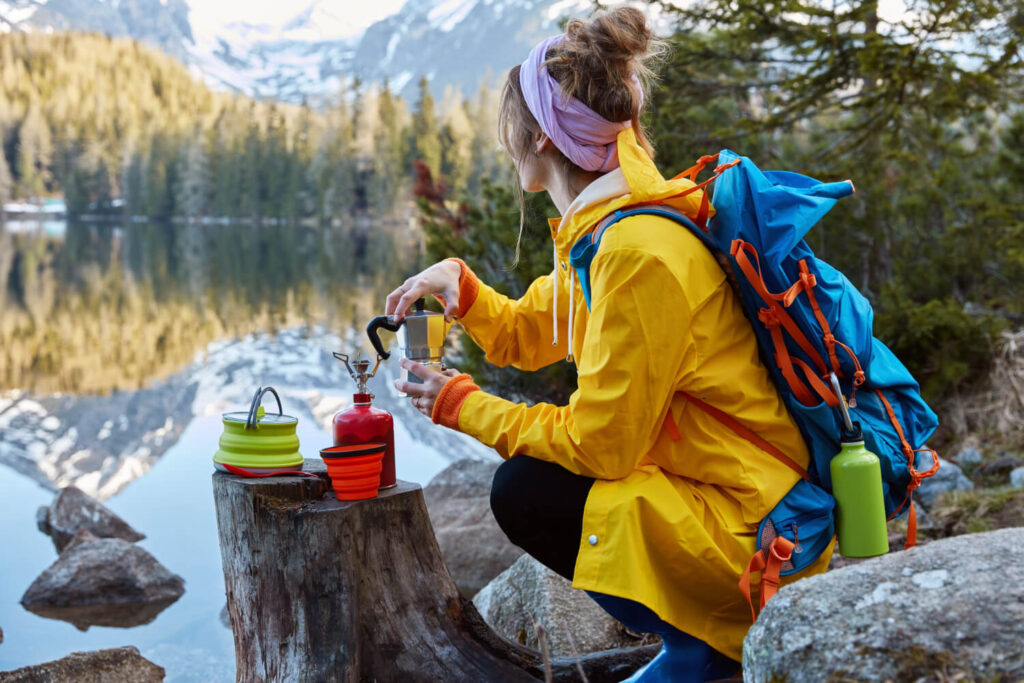
4. SOCIAL BENEFITS
Hikers and climbers are wonderful people to meet. They tend to be positive, outgoing, and extremely welcoming, sharing similar goals of appreciating nature’s beauty by reaching the top of a mountain.
You’re likely to make life-long friends when you spend time together in these gorgeous places. If you’re new to trekking or climbing, finding a hiking partner is easy through alpine clubs, hiking groups, and social media platforms.
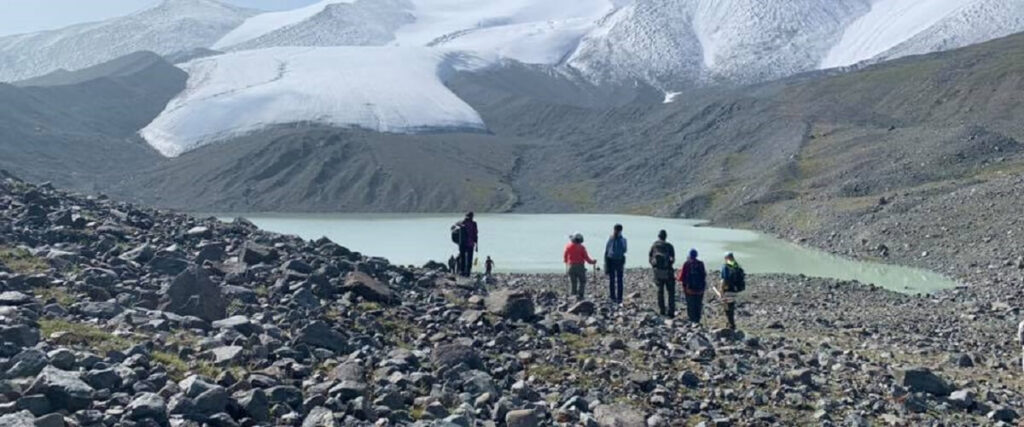
5. THE BREATH TAKING VIEW
Longing for something is easy, but making it a reality takes time and effort. Likewise, many of us see picturesque views from mountaintops and feel the desire to experience them firsthand – which is entirely possible with some planning!
When you do finally make it to the top after carving out time in your schedule, you’re met with an incredible view that few people will ever get to witness. And unless it’s foggy or smokey outside, the panorama is guaranteed to take your breath away.

6.IMPROVE MENTAL HEALTH
Not only does hiking and mountain climbing improve different parts of your physical health, but it also better Your mental state as well.
Research has displayed that partaking in group outdoor activities marginally decreases pessimistic and repetitive thoughts regarding the self–which are generally linked to anxiety and depression.
Also, working out in nature is a great way to release endorphins; they stimulate receptor cells known for producing happiness in the brain, making you feel good while giving those anxieties some much-needed energy outlet!
Mountain climbing, for one, necessitates that you concentrate on realization of a target with others. By focusing on constructive tasks, such as pulling yourself up a cliff face or cautiously making your way across a glacier to get to the mountain peak, you not only improve self-esteem but also sense of self-worth.
Furthermore, it makes your brain work harder to problem solve which then leads to better mental agility and healthier overall brain function.
7.LOWER YOUR RISK OF HEART DISEASE
Not only is mountain climbing great for your cardiovascular system, but it also comes with a host of other benefits. It’s challenging and can be stressful at times, which forces your heart to work harder and pump faster.
This delivers oxygen-rich blood throughout your body, helps lower your risk of developing heart disease, and strengthens muscles. In turn, this gives you more energy and improves overall fitness levels.
The physical act of walking and climbing increases the amount of high-density lipoprotein in your blood, known as good cholesterol. This type of cholesterol helps your body collect bad cholesterol – LDL – and transport it to the liver to be removed.
By increasing your heart rate as you hike or climb, the two sports simultaneously help to lower your triglyceride levels; when their levels become too high, they can contribute to the buildup of plaque in arteries.
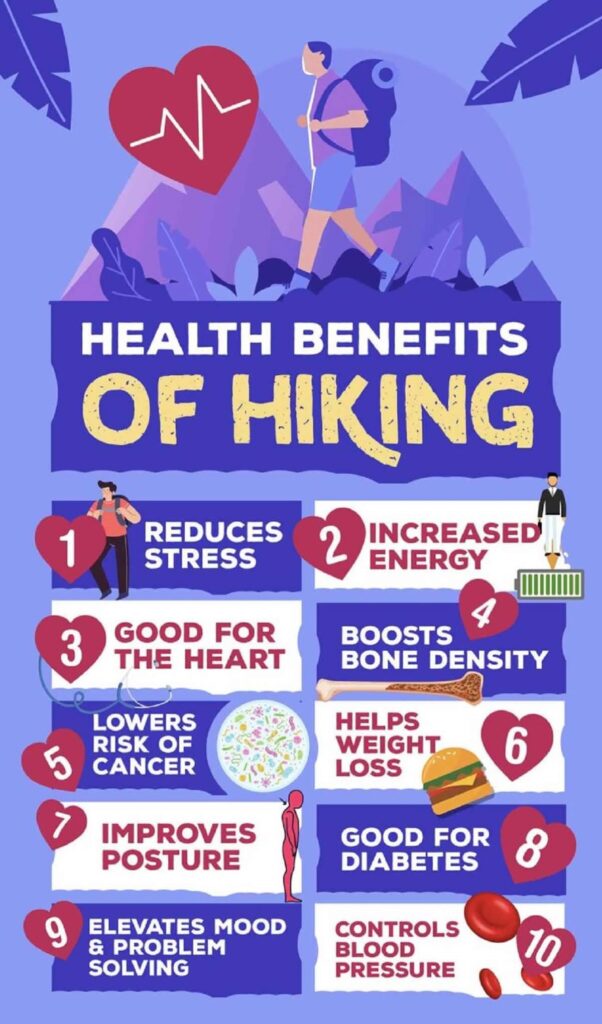
8. REALIZING THE SIMPLE PLEASURES IN LIFE
So often, we overlook the small things that we normally take for granted–like access to clean water. When you finally reach the peak but realize you forgot to bring an extra coat, you’ll understand how quickly the temperature can drop and how much we rely on everyday comforts that we usually take for granted–like sleeping indoors on a soft mattress instead of outside on hard ground in frigid weather conditions.
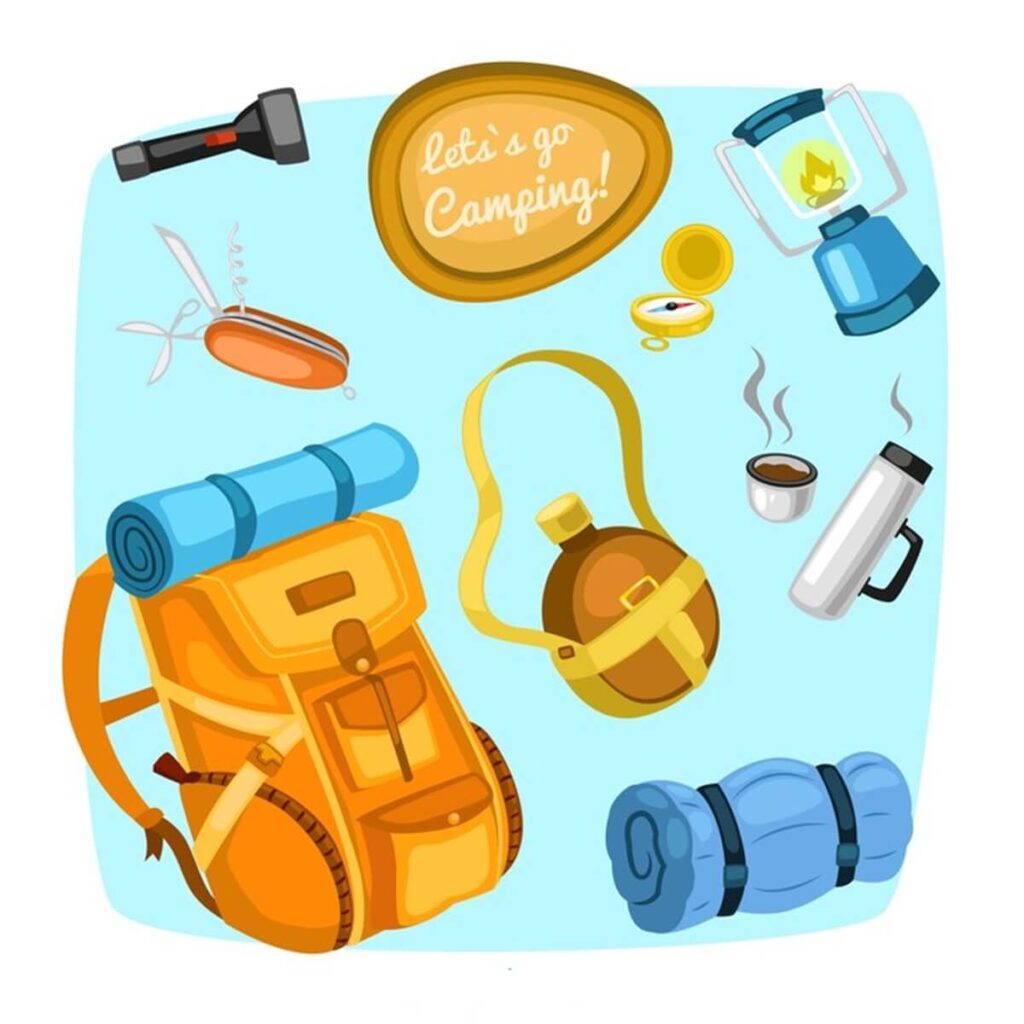
Experiences like these teach us important lessons about being more prepared and respecting the simple pleasures in life.
As you spend more time in the mountains, you’ll start to develop a sense of pride and ownership for them. You might also find yourself become more grateful for the conservation efforts we have in place.
More often than not, people are drawn to the beauty of these areas– it’s our responsibility to make sure that we’re respectful and take care of them so future generations can enjoy them as well.

